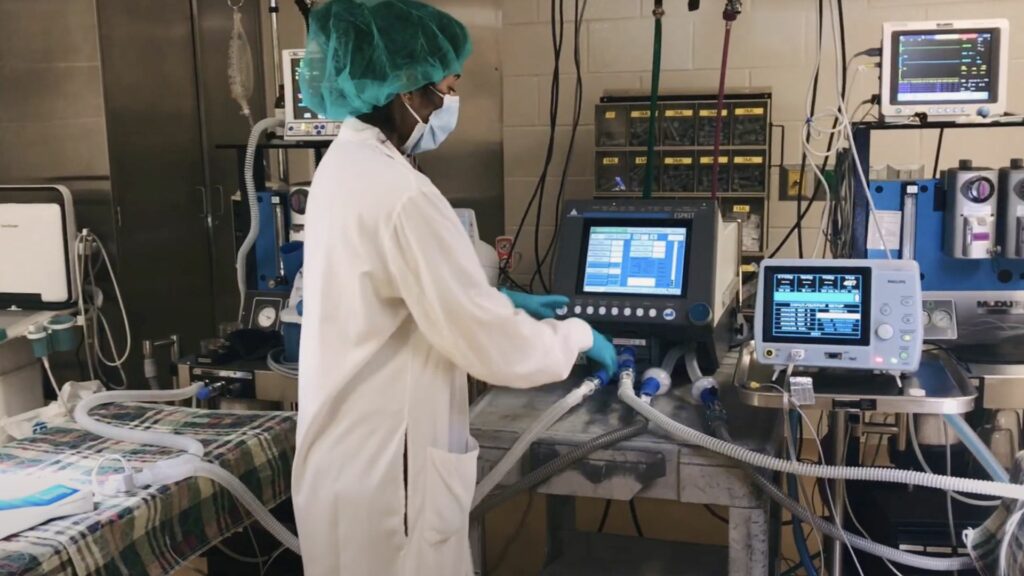Saki works on the investigation and understanding of the spread of infectious diseases. During her PhD in Ecology and Evolutionary Biology at Princeton University, she studied the geographical risk of measles in Africa and the transmission patterns of hand, foot, and mouth disease in Asia.
One of the major challenges in infectious disease epidemiology is the unification of large amounts of data about disease and the populations they affect, across numerous different scales, from the molecular to the population level. As a Schmidt Science Fellow, Saki combined big data computing with molecular and serological techniques to explore complex infectious disease dynamics for pathogens such as malaria. In particular, she developed analytical frameworks to determine how a person’s previous malaria exposures can shape their future immunity. She also harnessed insights gained from her Fellowship year on sero-epidemiological data and modelling to continue to contribute to the global SARS-CoV-2 pandemic response.
She is now Assistant Professor at Johns Hopkins Bloomberg School of Public Health.
Her overarching research vision is to pursue questions at the nexus of population-level disease dynamics and individual-level immune responses.
As ever, understanding how infectious diseases spread and what renders susceptibility to different individuals and populations, bears important societal benefit for both detection and control.

